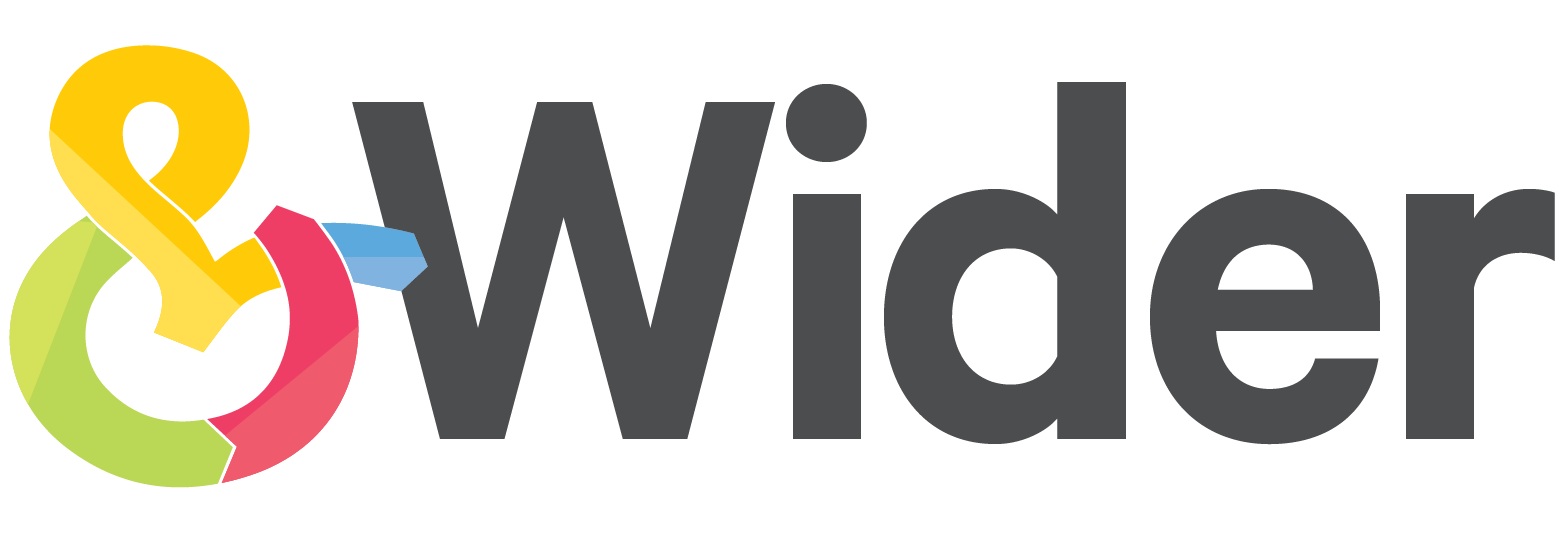Beyond Compliance: How RAPT Helps Businesses Anticipate and Act on Supply Chain Risks
Most companies still treat risk like a fire alarm. They wait until it rings, then scramble. That’s the problem.
In today’s complex supply chains, fires don’t just burn down factories; they burn trust, erode margins, and damage reputations. And with mandatory human rights laws tightening globally, the stakes have never been higher.
The question isn’t: Do you comply?
The question is: Can you see what’s coming?
The Compliance Trap
Traditional human rights due diligence often looks backwards, checking whether the right forms were filled out, the right audits completed. It’s reactive. It tells you about the problems you already have.
But by the time you’ve identified a forced labour risk or a wage dispute in your supply chain, damage has been done. Workers have suffered. Stakeholders are unhappy. Your team is firefighting.
In an age of instant news, “We didn’t know” is no longer an acceptable answer.
The Shift: From Reactive to Predictive
That’s where RAPT, our Risk Assessment Prediction Tool, comes in.
Instead of waiting for risks to surface, RAPT analyses live data from across your supply chain to flag emerging risk patterns. It’s not about gut instinct or guesswork. It’s about hard evidence, generated in real time, drawn from direct worker reporting and other sources.
Imagine spotting an increase in reports about excessive overtime in a supplier factory before it leads to worker burnout, strikes, or media exposure.
That’s the difference between firefighting and foresight.
The Benefit of Tier-by-Tier Visibility
Most supply chains are like icebergs; what you see is just the tip of the iceberg. Beneath that are layers of subcontractors, raw material suppliers, and logistics partners.
Traditional due diligence often focuses on Tier 1 suppliers. But risks don’t respect tiers.
RAPT lets you see deeper. It gathers and connects data from multiple points in the chain, allowing you to track potential risks across all tiers.
That level of visibility is rare, and it changes how you approach stakeholder engagement. Instead of reacting to problems, you’re initiating conversations about prevention, fairness, and shared goals.
Building Stronger Relationships
When suppliers know you have tools to spot issues early, something interesting happens: trust grows.
Suppliers see you as a partner, not just a compliance enforcer. Workers see that their voices lead to action. Investors see that you’re ahead of the curve on risk assessment.
That trust creates resilience. In a crisis, engaged suppliers and stakeholders are more likely to collaborate and find solutions quickly.
Beyond Box-Ticking
Here’s the truth:
Mandatory human rights laws will keep getting stricter.
Supply chains will keep getting more complex.
Stakeholder expectations will keep rising.
If your approach to human rights due diligence is just about ticking boxes, you’re already behind.
RAPT helps you move beyond compliance into a proactive, predictive way of working.
It’s about seeing risks before they become crises.
It’s about acting on them in time to protect both your business and the people who make it possible.
The New Standard
Risk will always be part of business. But how you manage it and how early you act is what sets leaders apart.
RAPT gives you the visibility, insight, and confidence to lead.
Not just to say, “We comply.”
But to say, “We see it coming. And we’re doing something about it.”
That’s the new standard in human rights due diligence. That’s the future of responsible sourcing.
Want to move beyond compliance?
Let’s talk about how RAPT can help you anticipate and act before the alarm goes off.

